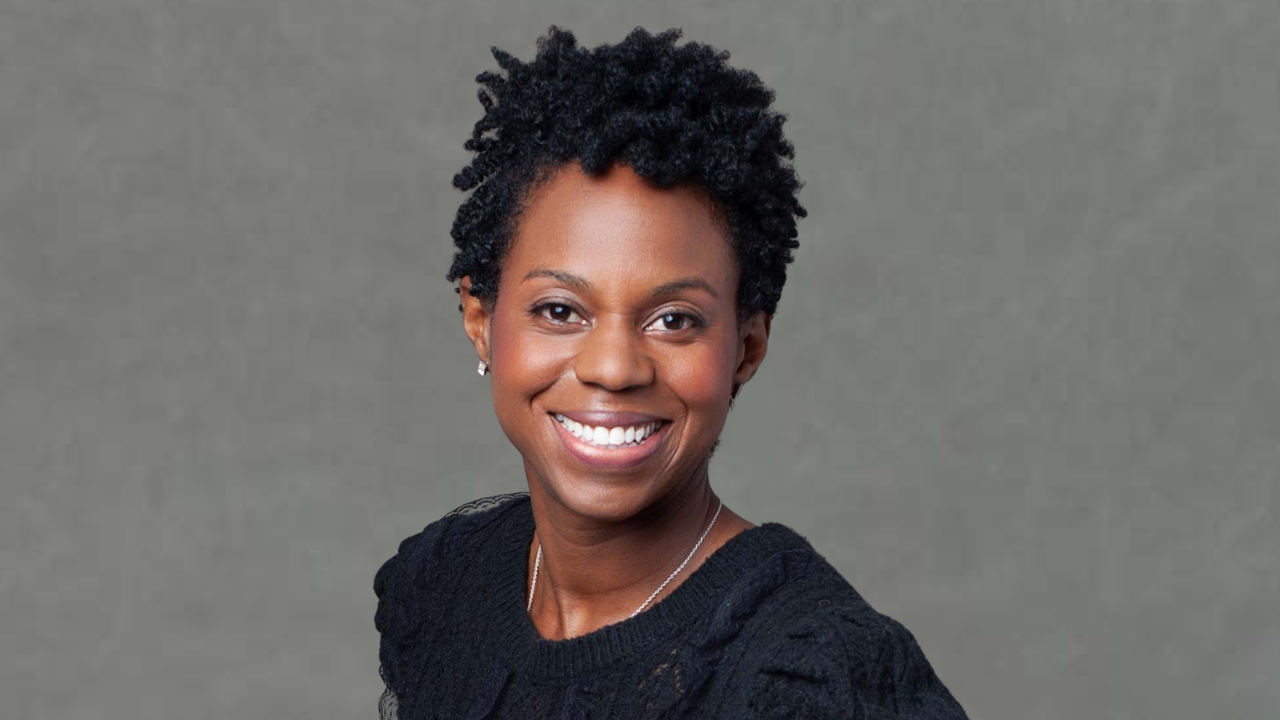
Welcome to Practice Gap
Life is hard work - on a human level! It’s normal to go through periods where you feel you are over-limit or out of your depth. Do you want to connect with yourself and the people in your life in a better way? I can help you find the calmest, steadiest version of yourself.
PSYCHOTHERAPY Services | EDUCATION Services
Psychotherapy and Education
Psychotherapy and Education
Get to Know Me
Hello! I’m Andrea.
It’s nice to meet you! I founded Practice Gap to assist others with finding fulfillment, balance and enjoyment in their work, relationships with others and themselves.
My road to becoming a registered Psychotherapist spans several interconnected areas, including a physiotherapy practice centred around neuro rehababilitation, pelvic health, and community care in Canada and the Caribbean.
Andrea Meade PT, RP (Qualifying), MEd
Bachelor of Science in Kinesiology (University of Victoria) (1999)
Bachelor of Science in Physiotherapy (University of Toronto) (2002)
Registered Physiotherapist (2002)
Certificate of Achievement in Pelvic Physiotherapy (American Physical Therapy Association) (2012)
Certified Coach (University of British Columbia) (2017)
Registered Psychotherapist (Qualifying) (2023)
Master of Education (University of Toronto) (2024)
Special interests: burnout care related to practitioners’ health and career development.
Extra services: group education for building self-care skills within the helping professions.
When MY interactions required more than A technical solution…
things would start to glitch.
Check out these 4 early events that left me WONdering what was missing in my work:
In my first internship, I was observing a routine tracheal suctioning procedure when the patient crashed and coded. We students were sent home early and returned the next day without the benefit of meaningful support. Discussion did not appear to be an option.
A clinical instructor commented: “You know, Andrea, one day you’re gonna wonder whether anything you’re doing is even making any difference in this job.” It felt as if a reality grenade had been rolled across the floor.
While training at a downtown teaching hospital known for reducing its interns to tears, I envied the senior clinicians for their cool, composed detachment. This level of calm seemed light-years away for me. How would I achieve it without going completely cold?
While I anticipated that working in end-of-life care would be “hard” and “sad”, it didn’t seem to affect me in the ways I thought it would. I must be really good at this, I thought to myself. In reality, I was losing touch, which made things even harder.
I felt annoyed and drained by the effort I was pouring into relatively straightforward exchanges. I wanted to understand what was happening beneath the surface of these seemingly simple interactions.
Sometimes when working with clients felt like worlds were colliding. Other times it felt like we were miles apart. I was literally straining to get a grip on the issue. To have every session go as smoothly as possible, I was overworking myself into a frazzled mess. I spent a lot of time pre-planning solutions to any questions that might come up, sanitizing things by keeping the conversation light and cheerful, and steering clear of any emotional landmines that could cause distress. I dreaded the moment when the whole thing would go off the rails.
I began to question myself and my training.
“Am I the only one having a hard time with this?”
And “Maybe this job/career isn’t for me”,
and '“What am I missing?”
were common thoughts that floated through my mind.
Deep down I was very curious about how to overcome these hurdles.
The problem was, I didn’t feel I was helping anyone, myself included.
When I began to realize that learning more about my own psychology and the relational aspects of my job were essential to overcoming my feelings of isolation, through training, coaching and a much needed sabbatical, I finally learned how to crack the code.
I finally learned how to crack the code.
The “talking part” was what created the most change for me.
By deciding to accept my own discomfort and distress, I started to get really good at sensing discontent in others. My curiosity about the similar struggles experienced by my colleagues helped us to learn through sharing.
Seeing a counsellor was also immensely helpful. I started to work on building new skills instead of wishing all my angst would magically disappear.
Deciding to consciously engage with my thoughts, feelings and physical reactions was key to working on the solutions I needed to grow into a better, happier person. It led me to pursue a coaching certification followed by a Masters Degree in Counselling Psychology. I both understood and un-learned things that had stood in the way of connecting with myself and others.
I now know from experience that learning to take good care of oneself is the gift that keeps on giving. Self-care is the secret sauce that teaches us how to be there for ourselves and others in deeper, more genuine and more humane ways.
And that’s why I love to do what I do.
ready to get started?
Psychotherapy
Move towards support and connection.
Education foR HelpERS
Find out about our educational offerings.

Ready?
Do you want to connect better with yourself and others?
Do you want to be the calmest, steadiest version of yourself?
I am here for you!






